Center for Justice & Economic Advancement
Normalizing Education Resource Center
Resource Library

JFF's Reentry Services Assessment
JFF's Reentry Services Assessment is designed to help any college map the existing services available to their students directly or through established partnerships.
Read More
Unlocking Tech Job Opportunities for People With Records
Unlocked Labs offers tech education in corrections facilities and creates pathways to quality jobs for people who are incarcerated. Three Unlocked program participants say these opportunities have helped them succeed.
Read More
CTE Programs Open Doors for People Who Are Incarcerated
Career and technical education equips incarcerated individuals with in-demand skills for quality job opportunities upon reentry into communities.
Read More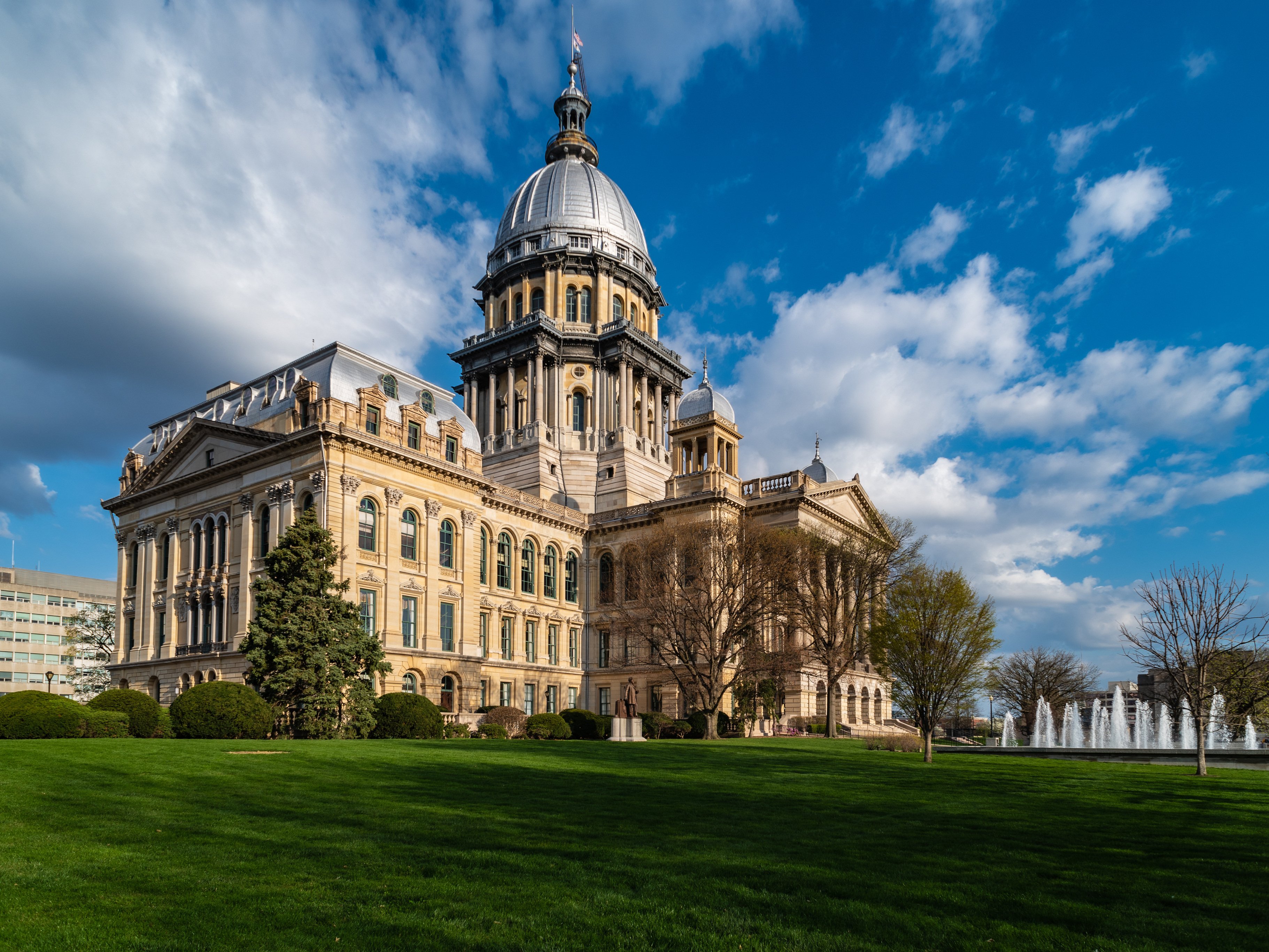
Advancing Statewide Policymaking to Support Higher Education in Prison
Explore key strategies for partnering with state policymakers to elevate higher education opportunities within the prison system.
Read More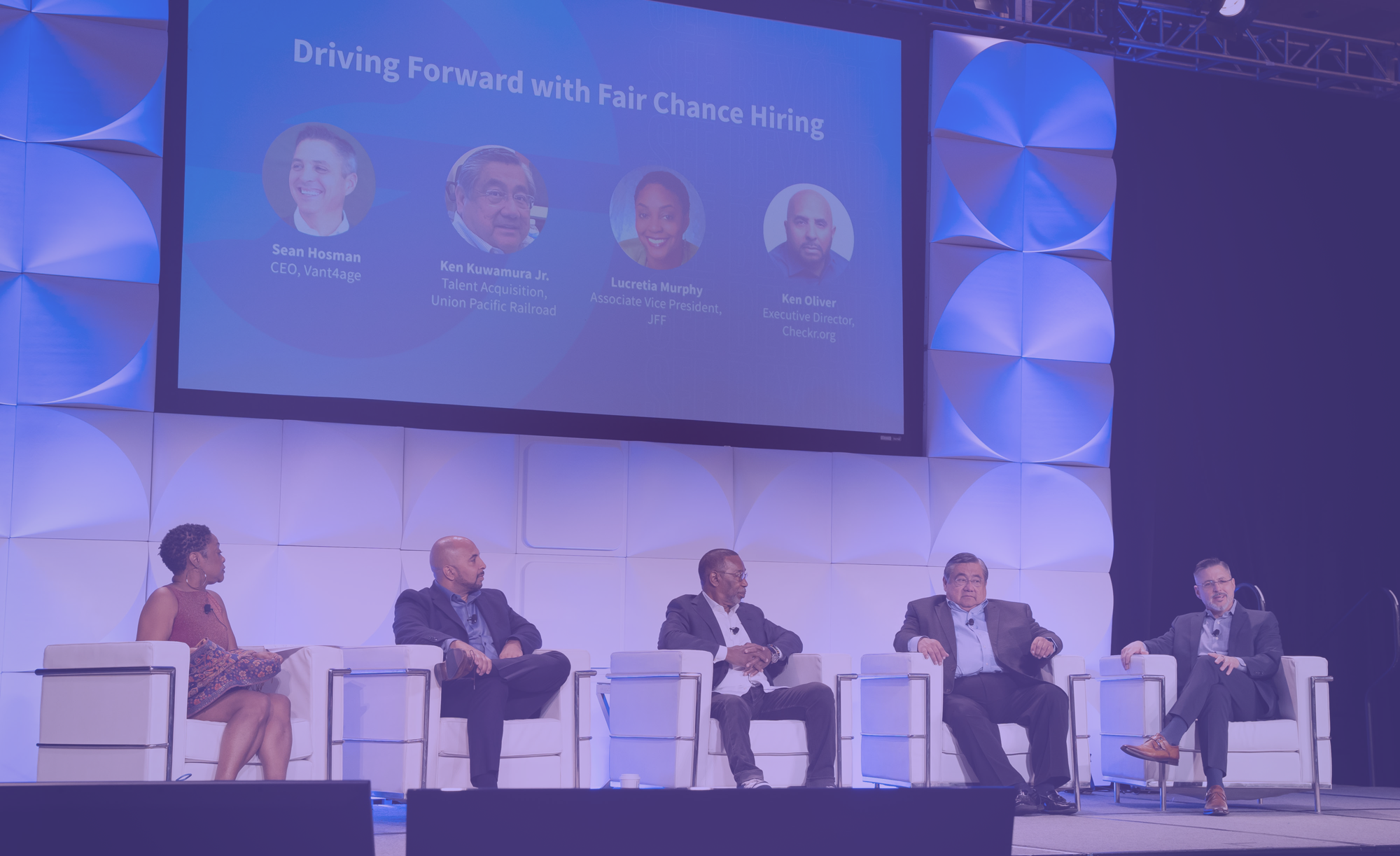
2024 Horizons Fellows
The Horizons Fellows program is a professional development opportunity exclusively for professionals with records of arrest, conviction, or incarceration. Fellows receive an all-expenses-paid trip to attend JFF’s annual Horizons summit, where they have an opportunity to build their professional networks and use their lived expertise to inform change.
Read More
JFF's Ready for Pell Final Evaluation
This report summarizes the findings from the evaluation of the Ready for Pell initiative. RTI International served as the independent evaluator. The initiative was funded by the Ascendium Education Group and led by Jobs for the Future.
Read More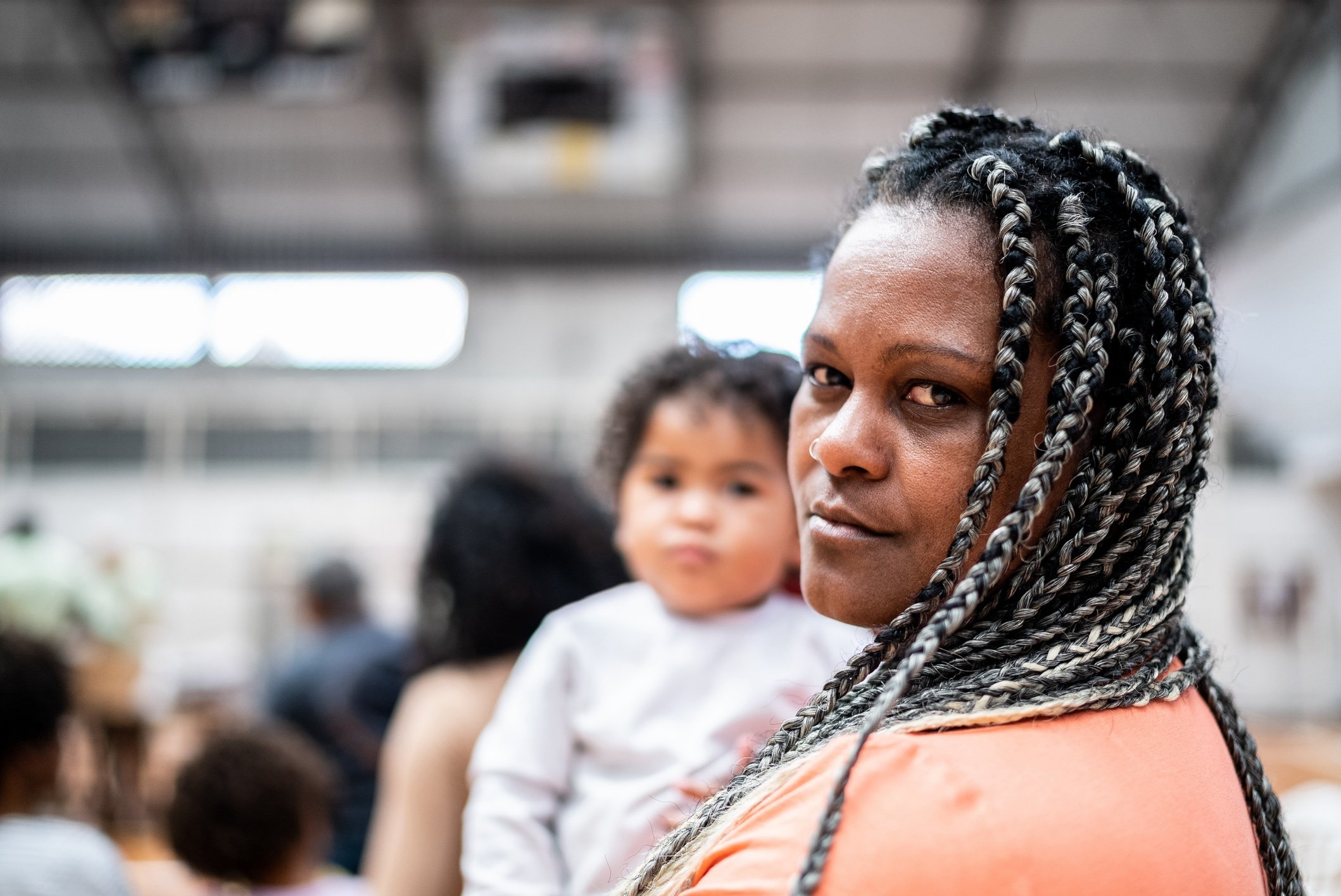
Gender Inequity in Prison Education Limits Opportunity
Investments in education programs for students who are incarcerated have increased, but gender inequities in access persist. Seven women share first-person accounts of the challenges of studying while incarcerated.
Read More
How to Sow the Seeds of Postsecondary Success in Prison
Will Anderson, who is currently incarcerated in Minnesota Correctional Facility–Faribault, offers postsecondary leaders advice about overcoming challenges they may face when launching college programs in corrections facilities.
Read More
Education and Work Inspire Change for People Who Are Incarcerated
Investing in prison education and work opportunities inspires hope, prepares residents for reentry, and reduces recidivism while also fostering positive improvements in prison culture.
Read More
A First-Person Look at Second Chances: Breaking Barriers to Education and Employment in Prison
Follow Alexa Garza’s journey through the walls of prison education and the maze of reintegration struggles, as she shares insights on breaking barriers and advocating for second chances.
Read More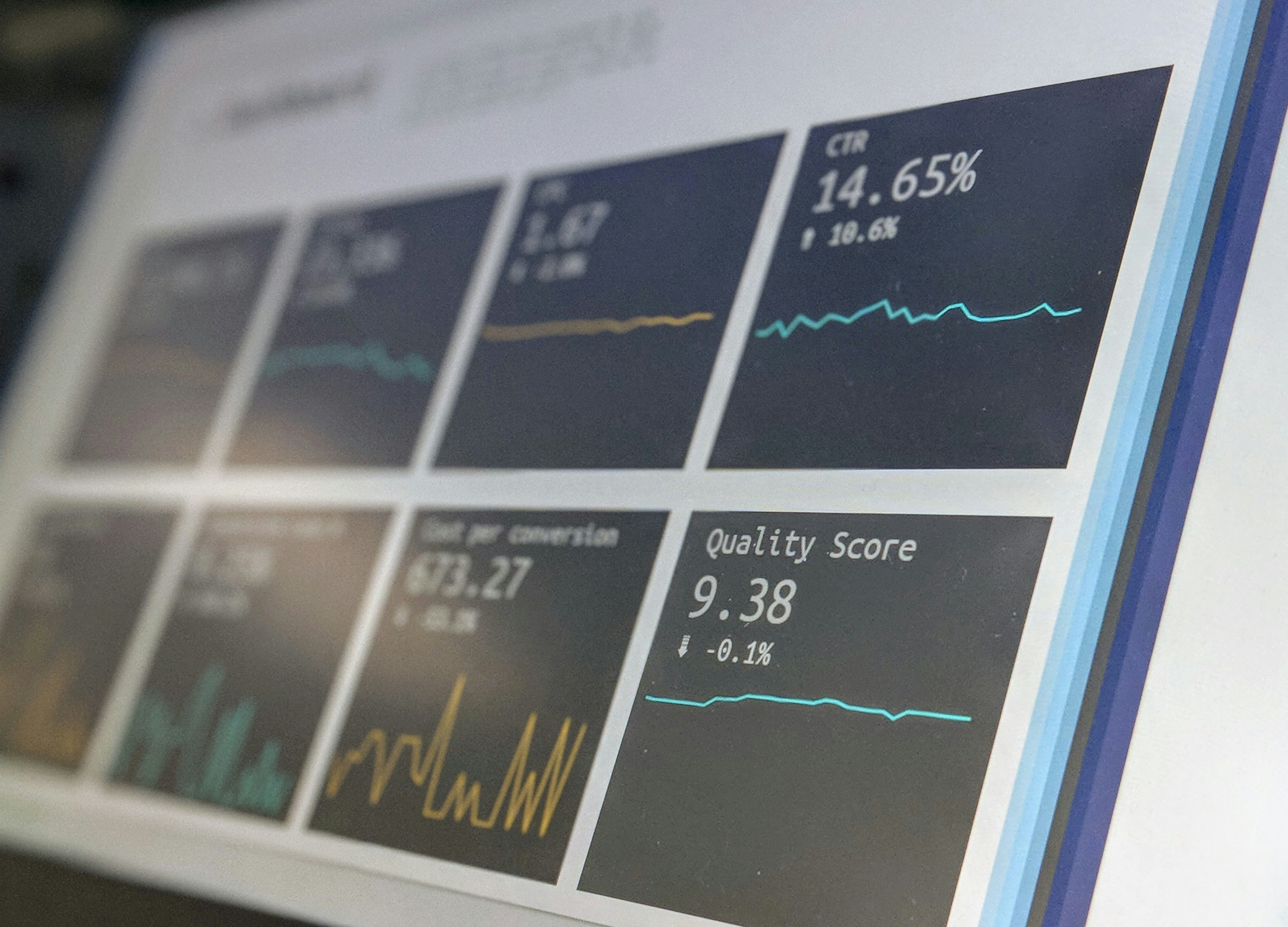
Ethical Data Collection
This guide highlights resources on best practices for researchers to protect the autonomy, privacy, and rights of individuals who are incarcerated, such as community-level ethics review boards and involving incarcerated individuals as co-researchers in the data collection process.
Read More
Program Evaluation
This resource describes the most common types of evaluations and factors to consider when planning an evaluation of a PEP.
Read More
Data Use Agreements
Explore essential guidelines and best practices for data use agreements in postsecondary education in prisons programs.
Read More
Jobs for the Future Launches the Normalizing Education Collective
A transformative community of practice for postsecondary education in prison
Read More
2023 Colby College Justice Think Take Policy Papers
The 2023 Colby College Justice Think Tank included 12 scholars from all five Maine prisons (including JFFer Shaun Libby) who conducted research of their own design on restorative alternatives in Maine.
Read More
Preparing Instructors to Support Students in Prison
Recommendations from the our partners at Formerly Incarcerated College Graduates Network.
Read More
Navigating the Approval Process for Prison Education Program Technology
Learn best practices for getting approval for the technology and equipment necessary to operate high-quality postsecondary education in prison program.
Read More
Incarcerated people are rarely hired for outside jobs. A teaching gig changed my life.
Leo Hylton had the rare opportunity to leave prison for something other than a court date. He got to meet his students on campus.
Read More
Colleges Can Do More Than Educate Incarcerated People. They Can Hire Them.
With Pell back on the table, institutions are once again designing degree programs for incarcerated students. But colleges and universities can do more to ensure that the incarcerated are set up for success after their release: they can hire them.
Read More
Policies That Normalize Opportunity Impact Lives
Now an advocate for people who are incarcerated, Aminah Elster faced red tape and regulatory roadblocks when she reentered her community following incarceration.
Read More
Normalizing Opportunity Starts With Opportunities to Learn While Incarcerated
Shaun Libby never thought of himself as a college student. Now, he is a graduate student taking online graduate courses at Michigan State University and completing an internship with Jobs for the Future.
Read More
Getting Ready for FAFSA Administration
This resource details some of the initial steps in establishing critical partnerships and getting ready to administer the FAFSA for students who are incarcerated..
Read More
National Data Sources on Prison Education Programs and Students
Postsecondary institutions can capitalize on existing national data sources to obtain information on prison education programs (PEP) and students.
Read More
Including Students Without Access to Pell Strategies for Raising Flexible Funding
The restoration of access to Pell Grants for incarcerated learners is a huge step forward in increasing educational opportunities, but we know that there will be learners for whom a Pell Grant is not an option for a variety of reasons.
Read More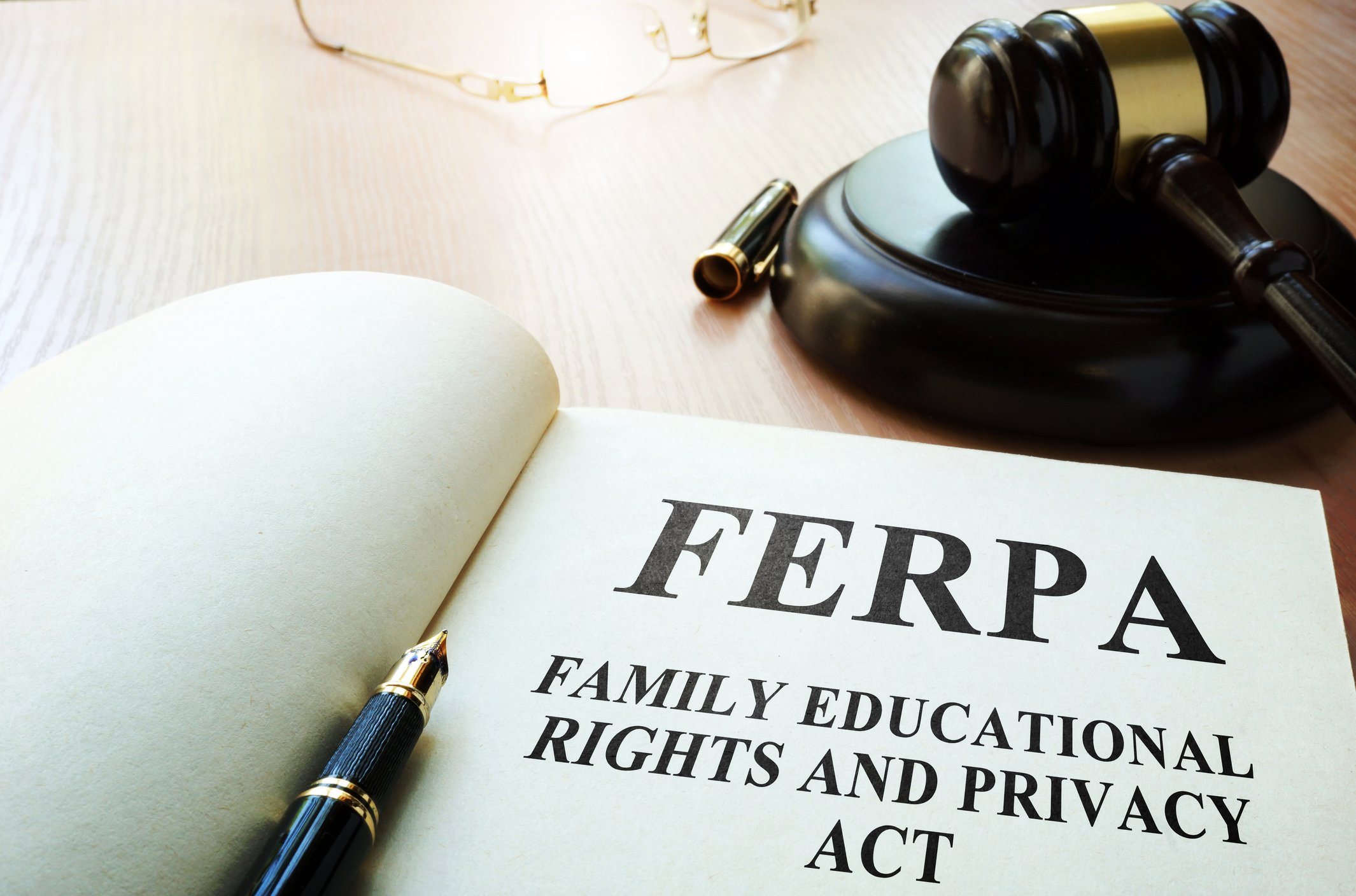
Understanding Family Educational Rights and Privacy Act (FERPA)
FERPA is a federal law that applies to all schools that receive funds under an applicable program of the U.S. Department of Education (ED).
Read More
Student Voice and Feedback
By empowering students to voice their opinions and concerns, student surveys can help colleges gain insights into curriculum effectiveness, instructional methods, and support services.
Read More
Pell Grants and Prisons
Learn more about the history of Pell Grants and postsecondary prison education.
Read More
Best Practices for Building Post-Release Educational Pathways
To facilitate the process of moving from incarceration to on-campus or online classes, colleges and their partners must develop structures and programs that are intentionally designed to support people who are navigating this transition.
Read More
Working With Institutional Research
Learn best practices to working with your institution's IR office.
Read More
What’s the deal with Pell in prisons?
College Inside asked its readers what questions they had about Pell Grants. Here are some answers to common questions.
Read MoreNo resources found. Please select another filter.
